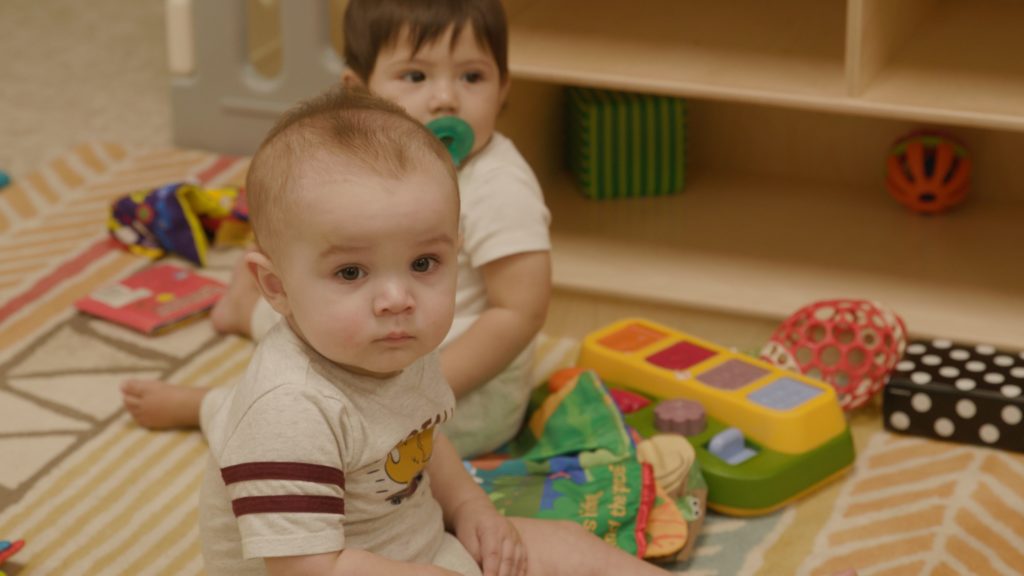
The child care industry is critical to our economy’s success. It helps parents enter and remain in the workforce. And it supports caregivers who decide to seek additional education or job training. Even before COVID-19, early care and education providers were operating on razor thin margins. Add in the burdens of securing additional cleaning supplies and personal protective equipment, and many were stretched to their financial limits. To help them survive—and to stimulate our country’s economic recovery— Congress passed the $1.9 trillion American Rescue Plan (ARP). $39 billion was directed to stabilizing the child care market and increasing supply and quality of care.
Of the $464 million received, the Arkansas Department of Human Services, Division of Child Care and Early Childhood Education (DCCECE) will allocate $258 million to strengthen our state’s child care industry. Licensed programs and facilities can apply for grants to increase their Better Beginnings quality level, cover operational costs incurred during the pandemic, or expand existing services, with a focus on infants and toddlers and school age care. DCCECE will direct an additional $25 million to increase the supply of child care and $130 million to continue to provide child care for essential workers.
The state will also use ARP funds to improve quality of care by increasing funding for the Teacher Education and Compensation Helps (T.E.A.C.H.) Early Childhood Scholarship Program by $40 million. T.E.A.C.H. is a national, evidence-based program, which came to Arkansas in 2019 and is administered by the Arkansas Early Childhood Association. It helps full-time teachers, directors, and family child care providers pursue their higher education and career goals with counseling; financial support for tuition, books, and travel expenses; and paid release time from work. The ARP funding will allow more than 300 Arkansas educators to achieve certificates or degrees annually through 2024.
Arkansas continues making strides to improve the quantity and quality of early childhood education opportunities. To learn more about how child care providers can learn how to apply for stabilization grants visit the DCCECE website. To apply for child care assistance, as an essential worker, use this application.
